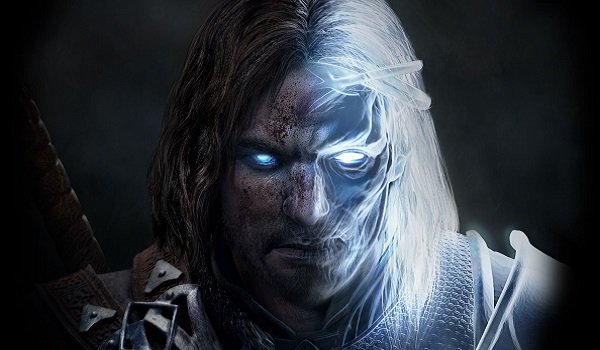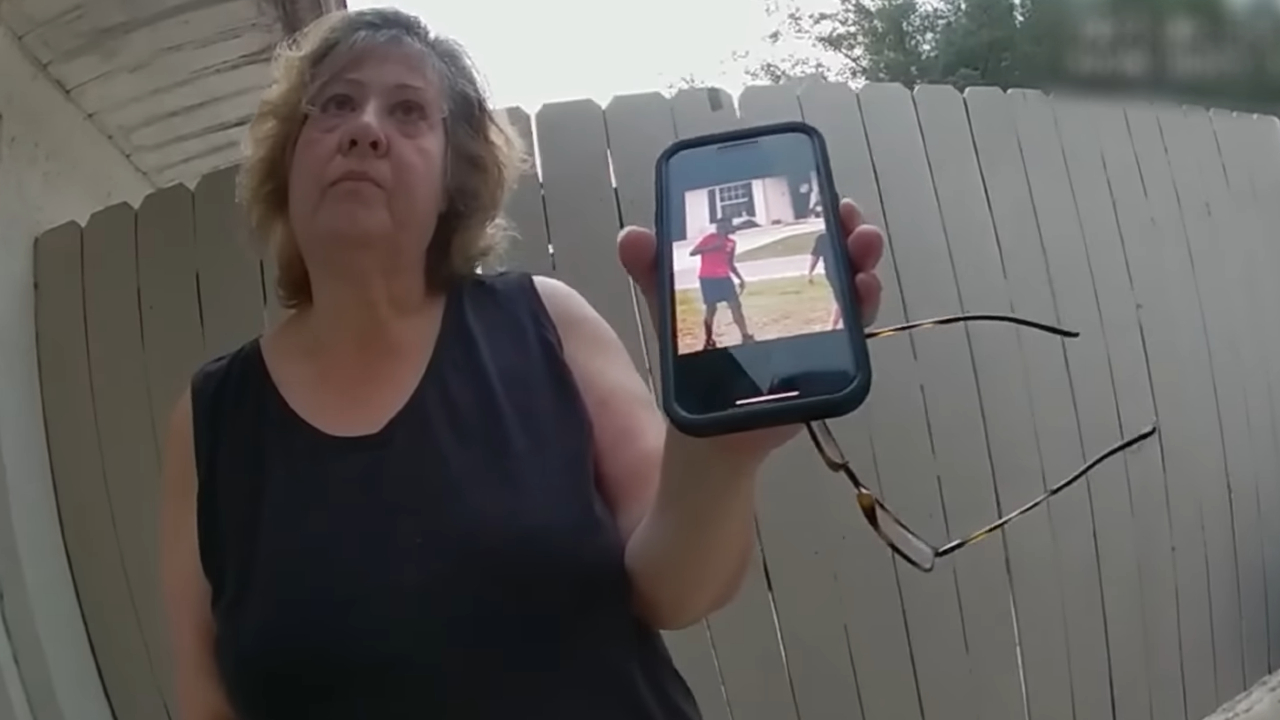Shadow Of Mordor Is In Trouble With The U.S. Government, Get The Details

It looks like Warner Bros. Interactive Entertainment may not have been totally transparent when it came to promoting Middle-Earth: Shadow of Mordor, leading to a complaint from the Federal Trade Commission that could lead to stricter practices in the future.
No one knew quite what to expect of Shadow of Mordor when it was gearing up for launch back in 2014. Next thing you know, all sorts of videos from "social influencers" like PewDiePie popped up praising the game, telling Lord of the Rings fans and non-fans alike that the game was a real winner. The issue: Some of those folks were paid to give those positive reactions and did not make it abundantly clear in their media that that was the case.
The full complaint from the FTC can be viewed here. Along with outlining the full issue, it explains the proposed fixes when it comes to future marketing from Warner Bros. It's got to sit tight for review over the next 30 days and, on Aug. 10, it will be determined whether or not it should go into effect.
According to the complaint, the impact of this ad campaign for Mordor was pretty substantial. Again, PewDiePie was one of the folks noted as not properly stating their endorsement by Warner Bros. and that dude has a huge audience. The complaint claims that folks viewed these videos more than 5.5 million times and, yeah, that probably equated to a hefty chunk of change for Warner Bros.
The issue isn't that people were given an early copy of the game and paid to say nice things about it. The problem is that they were given an early copy of the game and paid to say nice things about it while not clearly informing their viewers this was the case. When you read a review these days, you've likely noticed that somewhere on the page it states that the review was done with a gratis copy of the game. That's the kind of disclosure that wasn't on display here, only its arguably worse since positive reactions were being paid for, too. Many of the videos made no mention of the fact that they were being paid to praise the game and some only boasted those disclaimers deep down in the video's info tab, which wouldn't even be seen if the video was posted on other sites.
This is kind of a bummer for Shadow of Mordor, which turned out to be great all on its own and really didn't need something negative like this tied to its name. If there is a sequel in the works, hopefully bad decisions made in the past won't affect it.
The proposed complaint and order simply states that Warner Bros. needs to take better care in the future to make sure it is explicitly stated they are paying these social influencers for positive coverage.
Your Daily Blend of Entertainment News
Staff Writer for CinemaBlend.

